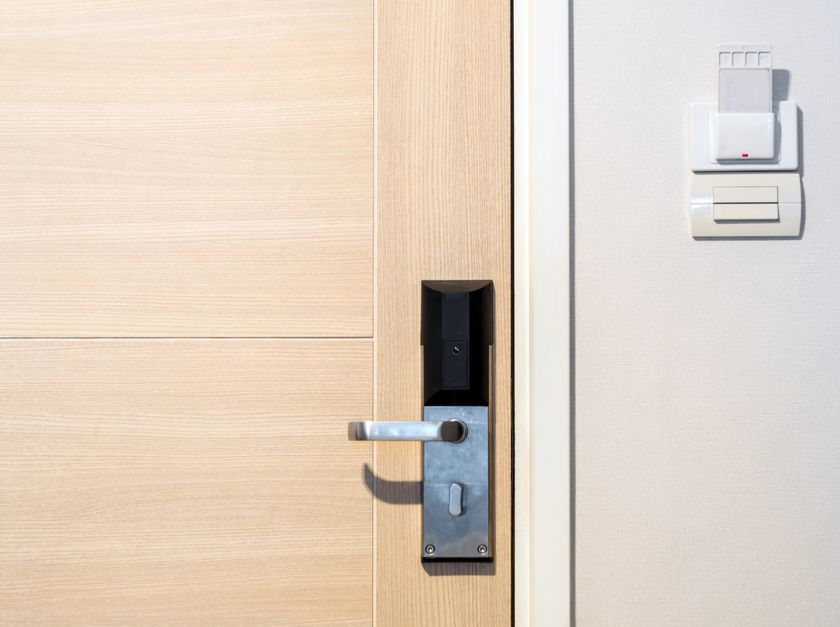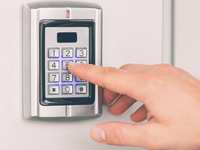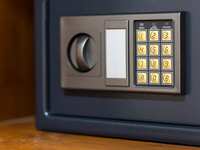- Categories :
- More
Transforming Security–Smart Locks vs. Traditional Locks

The right door lock is one of the most important factors in securing a home or business. As security technology evolves, homeowners and business owners face a choice between traditional locks and modern smart locks. While both options serve the purpose of securing entry points, they differ significantly in functionality, convenience, and level of security. Understanding the advantages of each can help determine which lock system best suits a property’s security needs.
Reliability and Durability of Traditional Locks
Traditional locks have been the foundation of home and business security for centuries. They are simple, cost-effective, and do not rely on electricity or internet connectivity to function. High-quality deadbolts and mechanical locks are built to withstand forced entry attempts and are an excellent choice for those who prefer a straightforward locking mechanism. These locks require no batteries, making them a dependable option for those who want a security solution without the concern of power failures or hacking risks.
A well-installed traditional lock offers a high level of security when paired with durable materials such as reinforced steel doors or strike plates. Many property owners opt for traditional locks due to their familiarity and the long-standing trust they have in mechanical locking systems.
The Convenience and Innovation of Smart Locks
The rise of smart technology has brought a new era of home security, offering advanced locking systems that integrate with mobile devices, keypads, and voice assistants. Smart locks eliminate the need for physical keys, reducing the risk of losing them or making multiple copies. With features such as remote access, time-sensitive entry codes, and real-time notifications, these locks provide convenience and control that traditional locks cannot match.
Smart locks also enhance security by allowing homeowners to monitor access through mobile apps. Whether granting entry to family members, employees, or service providers, users can customize access without compromising security. For businesses, this technology streamlines security management by eliminating the need for physical keys that can be lost or duplicated.
Security Considerations for Both Options
While smart locks offer innovative features, they do require proper cybersecurity measures to prevent hacking attempts. Strong passwords, two-factor authentication, and regular software updates help ensure the security of a smart lock system. Meanwhile, traditional locks rely on physical security, which means that choosing high-quality, pick-resistant locks is crucial for preventing break-ins.
Both smart and traditional locks can be reinforced with additional security measures such as reinforced strike plates, security cameras, and alarm systems. The choice ultimately depends on the level of control and convenience desired by the user.
Choosing the Best Lock for Your Home or Business
When deciding between a smart lock and a traditional lock, it is essential to consider lifestyle, security needs, and property type. Traditional locks remain a reliable choice for those who prefer a simple, mechanical solution. Smart locks, on the other hand, cater to individuals and businesses looking for modern security solutions with remote access capabilities.
For those unsure of which lock best fits their security needs, Dawson Security Group, Inc. provides expert consultation and professional installation services. With a reputation for delivering high-quality security solutions in Southeast Texas, their team ensures that homes and businesses are equipped with the best locks for optimal protection. Whether upgrading to smart technology or reinforcing existing traditional locks, their expertise helps property owners make informed security decisions.

















